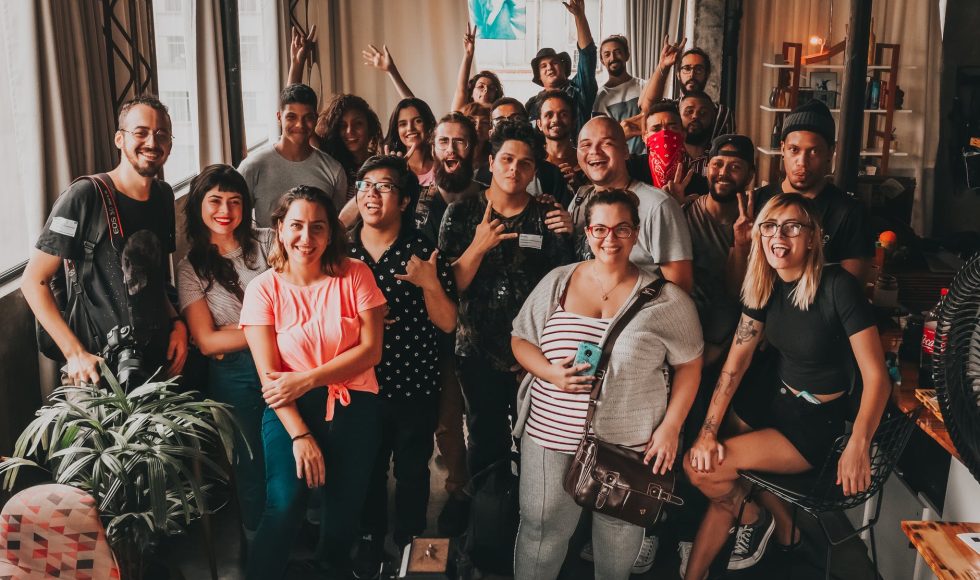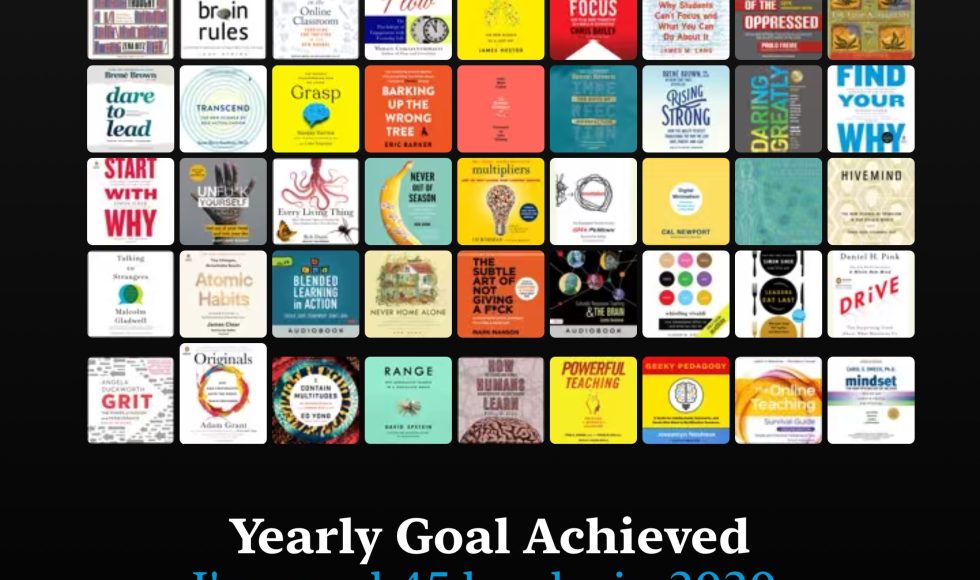In another fun asynchronous Lilly Conference session on faculty development, Steven Eberth and Lisa Singleterry from Western Michigan University presented on faculty learning communities and communities of practice. I love how they started by building online community with a graphic of equality and equity (fence with kids of different heights, in one case using different […]
Tonight I watched a webinar by Dr. Bedelia Richards entitled “How to Challenge Race and Gender Bias in Student Evaluations” and available through our institutional subscription to the National Center for Faculty Development and Diversity (NCFDD) and part of the RED Teaching Certificate. This hourlong webinar was truly eye-opening, and I have recommended it to […]
In March I was preparing to host fifty high school students from a new biotechnology program. We were excited and had organized a series of activities. I was in the office printing copies of handouts when I received the inevitable yet shocking email: we were suspending in person classes and travel. I quickly called several […]
Katie Greer from Oakland University discussed critical pedagogy and critical literacy during an asynchronous session at the Lilly Conference. Greer discussed a course they teach as a general education requirement with several really useful assignments and tips! The idea of students as partners, co-creators, and new experts resonates with me! I took away these great […]
I watched another though-provoking session by Barry Sharpe this afternoon, from the asynchronous Lilly Conference sessions on Educational Theory and Pedagogy. Sharpe used key ideas and quotes from two great books I was able to read this year: Josh Eyler’s How Humans Learn and Flower Darby and James Lang’s Small Teaching Online. The presenter used […]
Barry Sharpe from Western Governors University gave a thought provoking recorded talk at the Lilly Conference I was able to watch tonight as Amada fell asleep. Sharpe invokes Socrates and the teacher as a gadfly and midwife to encourage us to use practice questions that push students to overcome desirable difficulties and self-reflect on their […]







